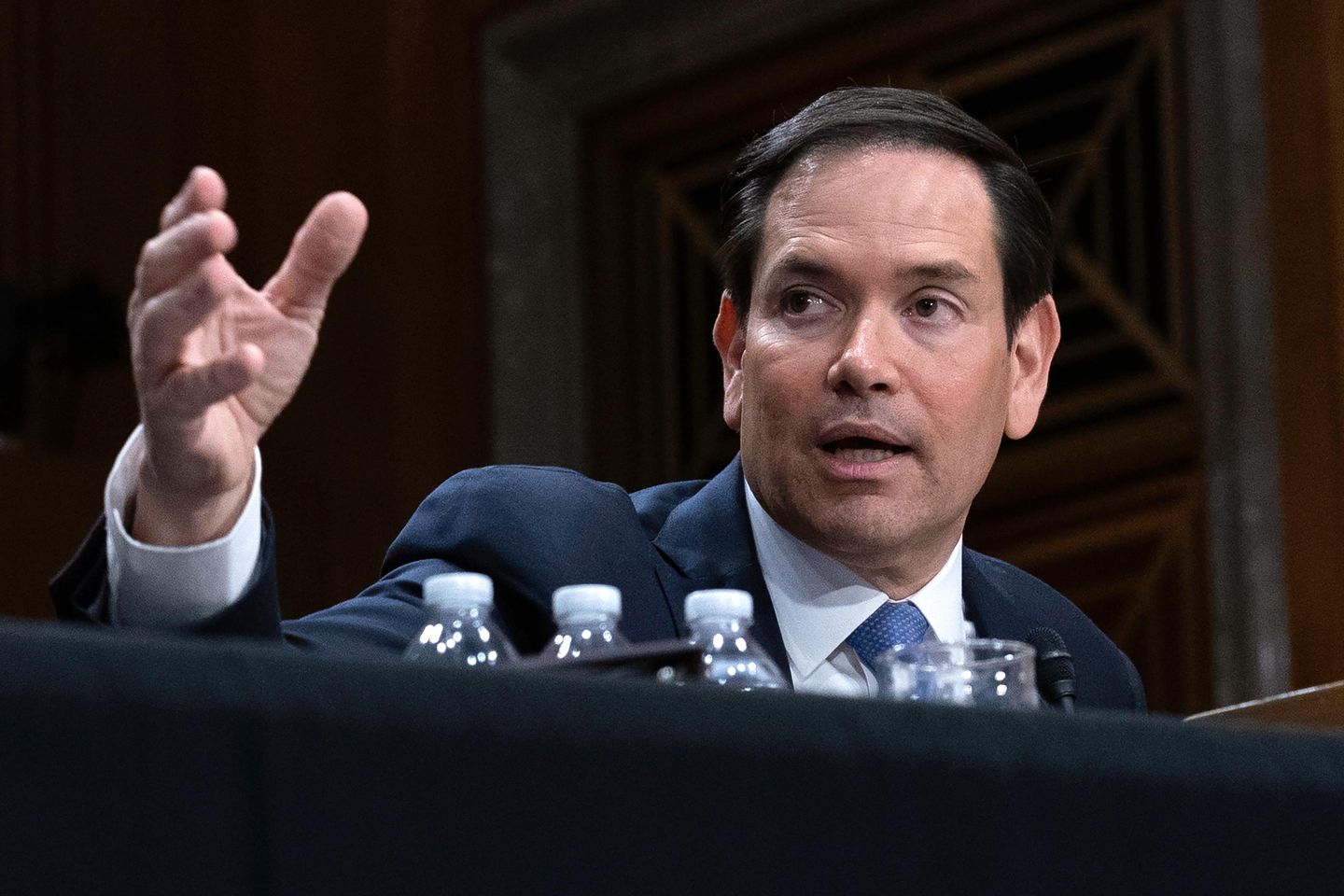
Secretary of State Marco Rubio denounced Sen. Chris Van Hollen on Tuesday for his visit with an MS-13 gang suspect in El Salvador.
Mr. Rubio also said he won’t let judges dictate how he conducts foreign relations, rebuffing claims of Democrats that he is required to work to return Kilmar Abrego Garcia to the U.S. Mr. Abrego Garcia is the man Mr. Van Hollen visited.
“No judge can tell me how I have to outreach to a foreign partner, what I need to say to them. And if I do reach that foreign partner and talk to them I am under no obligation to share that with a judiciary branch,” he said.
The exchange came during a hearing when Mr. Van Hollen attacked his former Senate colleague for his performance.
“I have to tell you directly and personally that I regret voting for you for secretary of state,” Mr. Van Hollen said.
“Your regret for voting for me confirms I’m doing a good job,” Mr. Rubio shot back.
Mr. Van Hollen’s visit to see Mr. Abrego Garcia has become a dividing line. Democrats cheered the senator for standing up for the immigrant’s due process rights. Republicans said he is defending a criminal.
Mr. Rubio put himself squarely in that latter category.
“We deported gang members — gang members including the one you had a margarita with and that guy is a human trafficker and that guy is a gangbanger and that … evidence is going to be clear in the days to come,” the secretary said.
El Salvador’s president posted photos of Mr. Van Hollen meeting with Mr. Abrego Garcia at the senator’s hotel. A margarita glass was visible on the table.
Mr. Van Hollen has said a Salvadoran official brought out the glasses, but neither he nor Mr. Abrego Garcia touched them.
“All of that was a setup,” Mr. Van Hollen said last month after his return from the visit.
During the hearing, Mr. Rubio cited as accomplishments of the new administration the resumption of nuclear talks with Iran, President Trump’s efforts to bring Russia and Ukraine into peace talks and efforts to end to the war in Gaza between Israel and Hamas.
He also pointed to agreements with El Salvador and other Latin American countries to accept migrant deportees, saying “secure borders, safe communities and zero tolerance for criminal cartels are once again the guiding principles of our foreign policy.”












